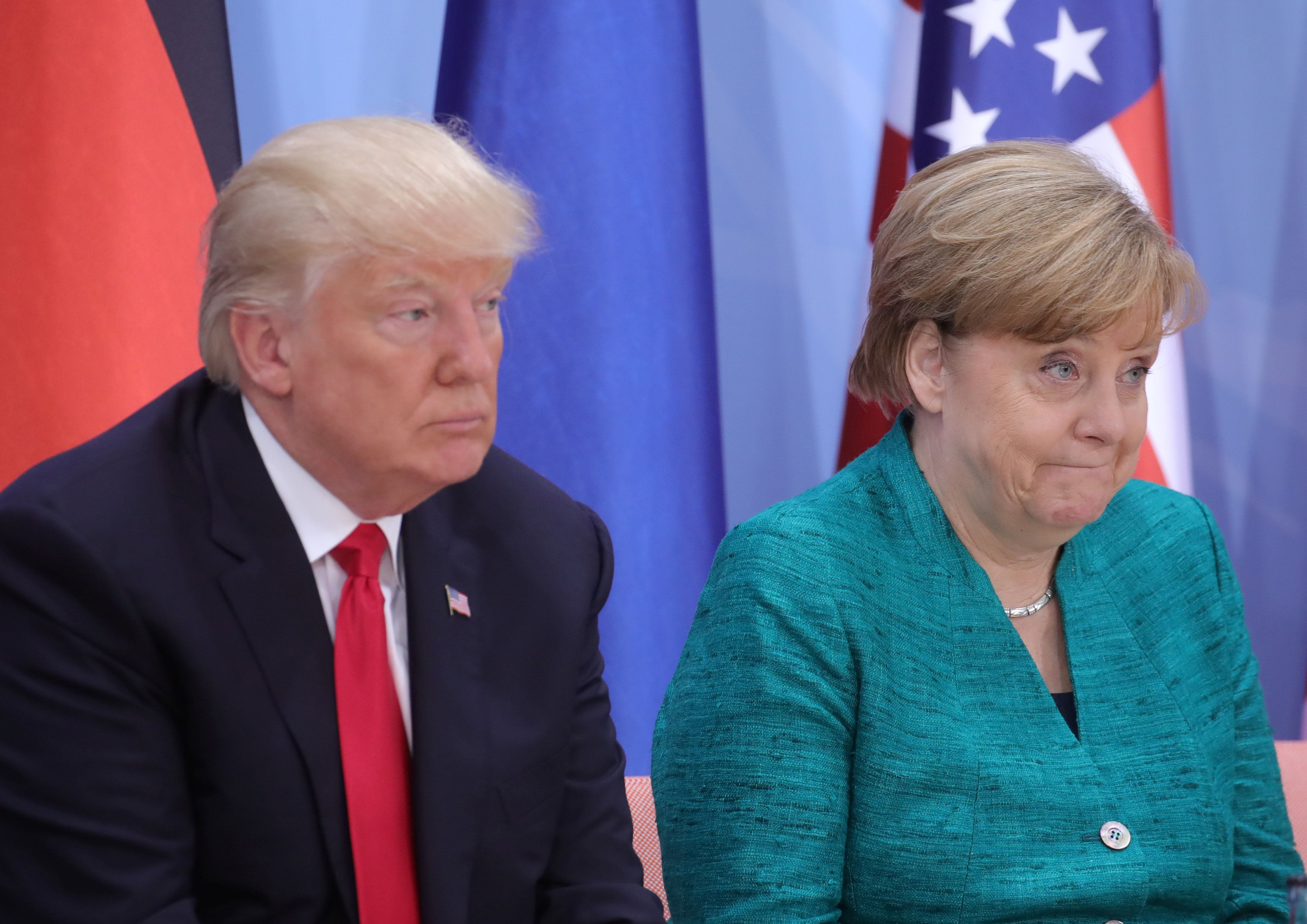The tireless researchers at Pew have just released their annual Global Attitudes Survey, which polls members of the public in 25 countries with questions about who runs the world, who should run the world, what they think of the US vs China, and so on. The full report is worth your time, but here is Alex Kliment (@SaoSasha) with a few highlights that stood out:
The world distrusts Trump, but still wants the US to lead
Most respondents outside the US have negative views of the US president – about 70 percent said they aren’t confident he’ll “do the right thing” in global affairs. But 63 percent of respondents said, often with large majorities, that they prefer a world led by the US to a world led by China. The only major outlier here was Russia.
From Russia with (a lot less) Love
Most foreigners’ views of Trump have improved slightly from the terrible lows set last year. And he remains very popular in the Philippines, Israel, Nigeria and Kenya. But one staggering change was the collapse in support among Russians, where confidence in the US president soared to 53 percent after he was elected, but fell to 19 percent this year. This reflects the fact that despite the apparent affection between Trump and Putin, the US president hasn’t delivered much for Moscow.
They’re with Her
The world leader who rated highest among those surveyed is (shocker) not Trump. Nor is it Putin. Even Xi Jinping, for all he has done to expand Chinese power, has yet to convince the rest of the globe that he should lead it. It was German Chancellor Angela Merkel. Embattled at home, trusted abroad.
China is popular with the kids
Favorable views of China in the US have fallen from 44 to 38 percent as Washington and Beijing have locked horns over trade. But among younger people, positive views outnumber negative ones by a sizeable 15-point margin.
Most countries still see the US as the leading economic power, but…
There are a few notable exceptions: China is seen as the leader in Australia – and has been for a decade. Meanwhile, 59 percent of Germans polled rate China ahead of the US. Two years ago it was about 30 percent.
